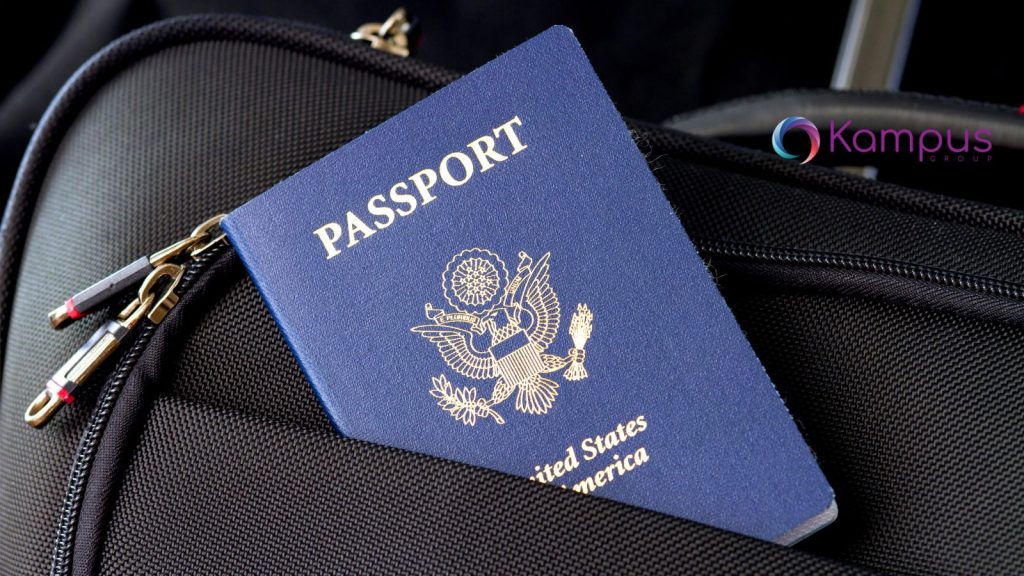If you’ve studied abroad and have an entrepreneurial idea, a “start-up visa” can be your ticket from student life to business founder in a new country. These visas allow you to launch a business, live and often work in the host country, and in many cases transition into full residency if your business succeeds.
Here’s everything you need to know: what a start-up visa is, why it matters, and which countries offer them.
What is a Start-Up Visa?
A start-up visa is a special immigration permit designed for entrepreneurs, innovators or graduates who launch a business in the host country. Key features often include:
- Permission to stay for 1-4 years (or longer) while you build your startup.
- Requirement to show a viable, scalable business idea (and sometimes some funding or backing).
- The option to bring family members in many cases.
- A path from “start-up visa” → business success → permanent residency (depending on country).
This is different from a regular work visa because you aren’t simply working for someone else, you are creating something new, owning a business, or leading a venture.
Top Countries Offering Strong Start-Up Visa Options
Here are some of the best countries to consider for a start-up visa, especially if you’ve graduated abroad and want to transition into entrepreneurship.
| Country | Visa Programme | Key Features |
|---|---|---|
| Canada | Canada Start‑Up Visa | Permanent residency possible from day one for successful applicants. |
| United Kingdom | UK Start‑up Visa / Innovator Founder Visa | Designed for graduates or founders with innovative business ideas. |
| Ireland | Ireland Start‑Up Entrepreneur Programme (STEP) | Two year initial residency, renewable. Focus on high-potential startups. |
| France | French Tech Visa (Founders track) | Up to 4 years residency, includes family. Backed by recognised incubators. |
| Portugal | Portugal StartUP Visa | Non-EU founders, tech-based ventures, path to residency. |
| Estonia / Lithuania / other EU states | Various start-up visa programmes (e.g., Startup Estonia, Startup Visa Lithuania) | Lower investment thresholds in some cases; good for early-stage idea founders. |
Why These Are Especially Good For International Graduates
For students who have just finished their degrees abroad (including Nigerians or other African students), these start-up visa options offer some strong advantages:
- You already have experience abroad, which can strengthen your business profile.
- Your overseas degree and exposure may give you an edge when showing “global thinking” or “innovation potential”.
- These visas may dovetail nicely with your post-study stay rights — allowing you to stay, launch your business, then convert to a longer stay.
- Good start-up ecosystems = access to funding, mentorship, networks which is hugely valuable.
How to Go From Student to Start-Up Founder
Here’s a step-by-step guide for how you might move from being a student abroad to applying for a start-up visa:
- Finish your degree with good standing – Build a strong academic record, gather any relevant practical or entrepreneurial experience.
- Work on your business idea early – While studying or immediately after, draft your business concept, research the market, build a mini-plan.
- Choose a target country – Based on your field, language, costs, visa conditions, support ecosystems.
- Ensure eligibility – Check the specific start-up visa requirements: minimum funding, incubator endorsement, business plan, etc.
- Prepare application materials – Business plan, proof of funds/backing, CV (your student + any entrepreneurial experience), statement of innovation.
- Apply for the visa – Submit application to the country’s immigration authority under the start-up visa category.
- Activate and grow your business – Once approved, you’ll have time to run your venture, hit milestones, possibly convert to longer stay or residency.
- Leverage support – Use local accelerators, mentorship, investor networks to grow your business and secure your future stay.
Things to Check and Questions to Ask
- Funding requirement: Some visas ask for a minimum investment or financial backing (e.g., Ireland’s €50,000 for some streams).
- Business viability: Does the idea need to be ‘innovative’ or ‘scalable’? Many visas emphasise this.
- Residency path: Can this visa lead to long-term stay or permanent residency?
- Family inclusion: Can you bring spouse and dependents?
- Work rights: Are you free to hire employees, or must you be alone at first?
- Language/region requirements: Some countries may expect you to engage with the ecosystem (incubators, local market) rather than just remote business.
- Post-study conversion: If you’re a graduate converting your student visa to a start-up visa, check eligibility carefully (some countries permit this directly).
FAQs
Q1. Do I need to have already started the business before applying for a start-up visa?
In most countries, you don’t need full operations, but you must have a feasible business plan, proof of funding/backing or entry into an approved incubator.
Q2. Can my student degree abroad count toward eligibility?
Yes, your international qualification and any entrepreneurial experience you gathered as a student can strengthen your application. Many countries value this global exposure.
Q3. What happens if my start-up fails?
Visa conditions vary. Some countries allow a “fail-safe” period or conversion into another visa category, but you must check each country’s rules carefully.
Q4. Is this same as a regular work permit?
No. A start-up visa focuses on founding and running your own business; it’s distinct from just working for an employer.
If you’ve studied abroad (or are about to) and have an entrepreneurial spark, a start-up visa might be your next major move. Instead of simply looking for employment, you can create your own path — build, innovate and stay abroad as a founder.
With the right preparation, a strong business idea, you can convert your study experience into a global business opportunity.
Whether you’re in Nigeria, elsewhere in Africa or beyond, exploring a start-up visa could open doors you hadn’t imagined.

